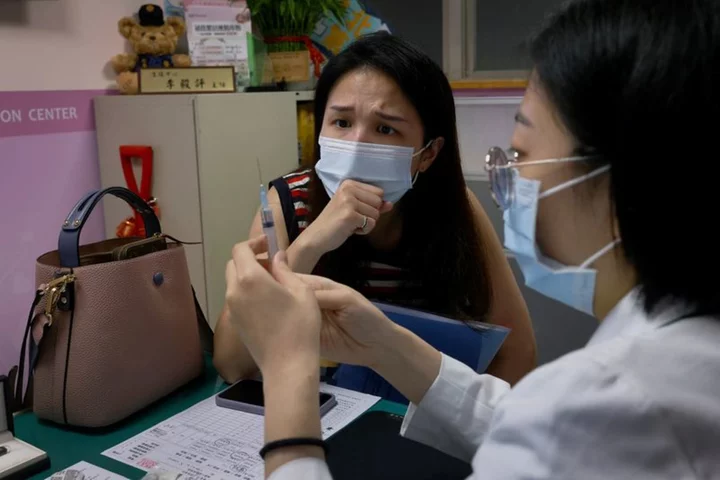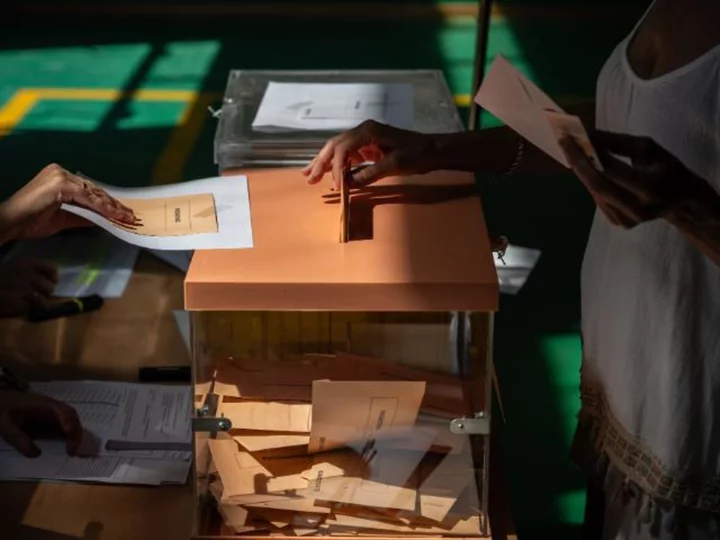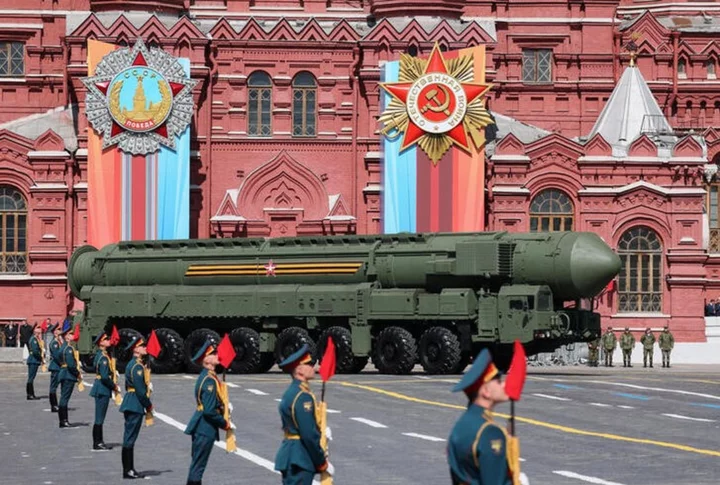By Ann Wang and Angie Teo
TAIPEI Seated with her legs stretched out on her living room floor, Vivian Tung scrunched her bare stomach to find a spot where she could inject Rekovelle, a hormonal medicine used to stimulate egg production.
The 33-year-old Taiwanese brand marketing director had to inject herself daily over the two-week process it took to freeze her eggs.
Tung, who is single, is one of a rising number of women in Taiwan opting to freeze their eggs to give them the option to have a child later in life, even though under current laws they cannot use the eggs unless they marry.
"It's my insurance policy," she said, explaining that many women in Taiwan are independent, career-focused and not looking to solely find a husband just to have children.
"My family is very supportive and respect my choice. When they hear that I buy insurance for myself, they also feel very good."
Self-ruled Taiwan has a fertility rate of 0.89 children per woman, less than half the replacement level of 2.1 and one of the world's lowest just behind South Korea and Hong Kong.
Single women in Taiwan can freeze their eggs, unlike in China where it is banned. But it is only legal to use the eggs in a heterosexual marriage, which excludes unmarried women and same-sex married couples.
Doctors in Taiwan said the restriction has contributed to only around 8% of women using their eggs after they have been frozen, compared with around 38% in the United States.
LAW CHANGES
Tung is hopeful that authorities in the democratic island could change regulations to allow unmarried women to have children in future.
Before her surgery, Tung had to visit the hospital every two to three days for blood tests to check her hormone levels to see how the eggs were developing, often at irregular times like 9 p.m. due to her work schedule.
The effort was definitely worth it, she said.
"In a few years Taiwan's laws could be liberalised due to trends or people's rising awareness on the issue could help the government to make changes," she said.
Taiwan became the first place in Asia to legalise same-sex marriage in 2019 and in May granted same-sex couples the right to jointly adopt a child.
But only about 4% of children in Taiwan are born out of wedlock, compared with about 40% in the U.S. where it is more accepted.
Li Yi-Ping, chief director of the reproduction medical centre at Taipei's Shin Kong Wu Ho-Su Memorial Hospital, said there was a great chance of a policy change on egg access based on communications between the Taiwan Reproductive Association and the government, but the question was how long it would take.
"This is a very important national security issue. Now we must wait for society to form a consensus," Li said.
Taiwan plans a comprehensive evaluation before deciding whether to expand access to artificial reproduction given it is a complex ethical, medical and legal issue involving many stakeholders, said Chen Li-Chuan, a policy specialist at the Ministry of Health and Welfare.
RISING TREND
Demand for egg freezing in Taiwan has surged, with the number of women aged between 35 and 39 opting for the technology up 86% over the past three years, according to a study by National Taiwan University Hospital.
More than a dozen centres offering egg freezing services opened in the last year following the pandemic, said Dr Lai Hsing-Hua, founder of Taiwan's first egg bank, the Stork Fertility Clinic.
Lai said new patients at Stork's clinics in Taipei and Hsinchu have risen 50% year-on-year with the clinic freezing eggs for more than 800 women.
The frenzy comes as two local governments, Hsinchu and Taoyuan, this year started subsidising egg freezing. However, only a combined 1,400 spots are available annually and an average annual salary of less than $19,000 means egg freezing is out of reach for many women.
It costs $2,600 to $3,900 for the extraction, medicine and clinic visits, coupled with $160 to $320 in annual storage fees.
Tung paid herself, but her supportive parents drove her to the hospital on the morning of the surgery, where she pulled out her laptop in the back seat to finish some last-minute work.
Dressed in a green cotton robe and purple mesh hat to keep her hair off her face, Tung was put under general anaesthesia for the 40-minute procedure and remained in the recovery room for two hours afterward.
"I'm in a lot of pain," she said, with a blanket draped around her as she was escorted home by her parents. Once there, she appeared relaxed as she played with her dog on the living room floor.
"I really have a lot of peace of mind. If there is a chance in future and I want to have a child, at least I will have the opportunity."
(Additional reporting by Fabian Hamacher; Writing by Farah Master; Editing by Jamie Freed)









